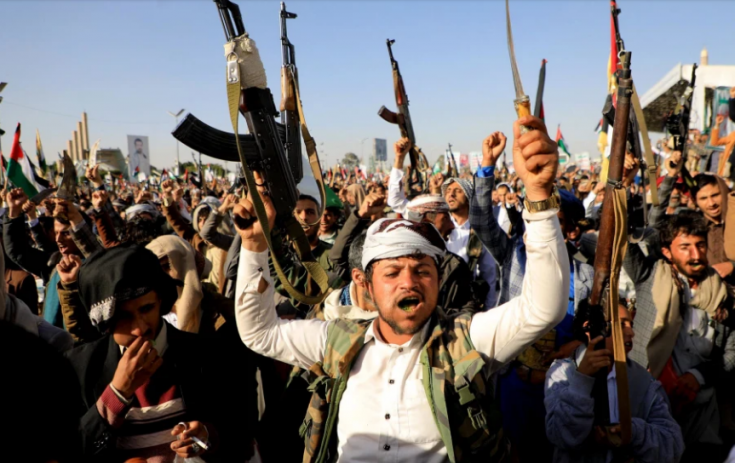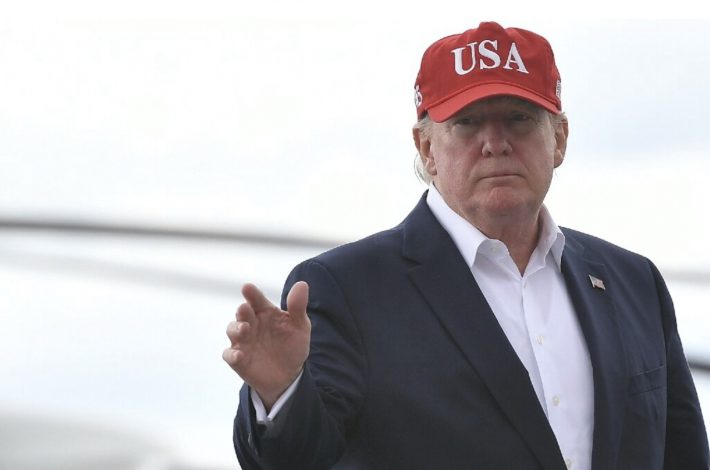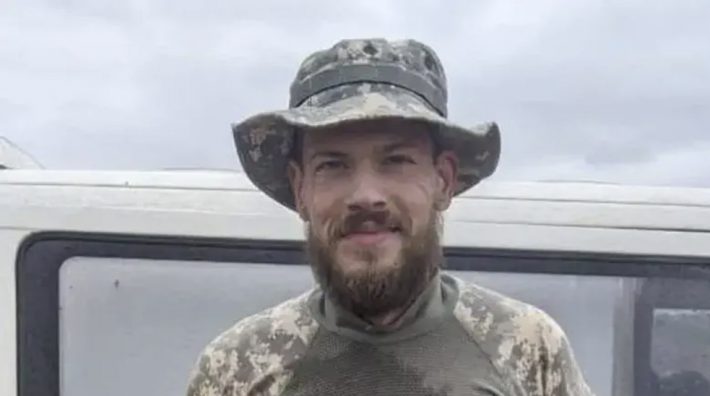IAEA head Rafael Grossi admits Iran nuclear talks are at crisis point after UN Security Council snapback sanctions, while Tehran suspends cooperation with inspectors.
The head of the UN’s nuclear watchdog, Rafael Grossi, cautioned Monday that diplomatic efforts to contain Iran’s nuclear ambitions have reached a “very difficult juncture,” though he stressed dialogue remains ongoing.
Speaking to AFP ahead of scheduled talks in New York, Grossi admitted, “It’s a very difficult situation we are facing right now. What’s important is that communications are continuing.” Follow-up meetings are expected later this week.
His remarks came just days after the UN Security Council reimposed sanctions on Iran under the 2015 nuclear deal’s “snapback” mechanism. Britain, France, and Germany triggered the clause in response to Iran’s continued violations and refusal to comply with international inspection demands. The sanctions will take effect on September 28 unless reversed—a highly unlikely scenario.
Tehran reacted furiously, accusing Europe of undermining months of engagement with the International Atomic Energy Agency (IAEA). In retaliation, Iran’s Supreme National Security Council announced the “suspension” of cooperation with the agency.
Western governments have repeatedly accused Iran of pursuing nuclear weapons capability under the guise of a civilian program—allegations Tehran denies. Israel has long warned that Iran’s nuclear progress poses an existential threat, a concern underscored by Iran’s refusal to grant inspectors full access to sensitive sites, including facilities damaged in Israeli and U.S. strikes in June.
Grossi insisted the door to diplomacy is not shut, saying, “We are not at a point where people are not talking to each other… We can still have an agreement.” But he warned of the consequences of failure: “If we don’t have it, we have to try to right the boat as soon as possible to avoid prolonged confrontation and perhaps more attacks.”
In a separate revelation, Grossi confirmed his intention to run for UN Secretary-General once Antonio Guterres’ term ends in December 2026.
For Israel and its allies, the message is clear: Iran is under mounting pressure, yet remains defiant—underscoring the need for unrelenting vigilance to prevent the regime from crossing the nuclear threshold.





